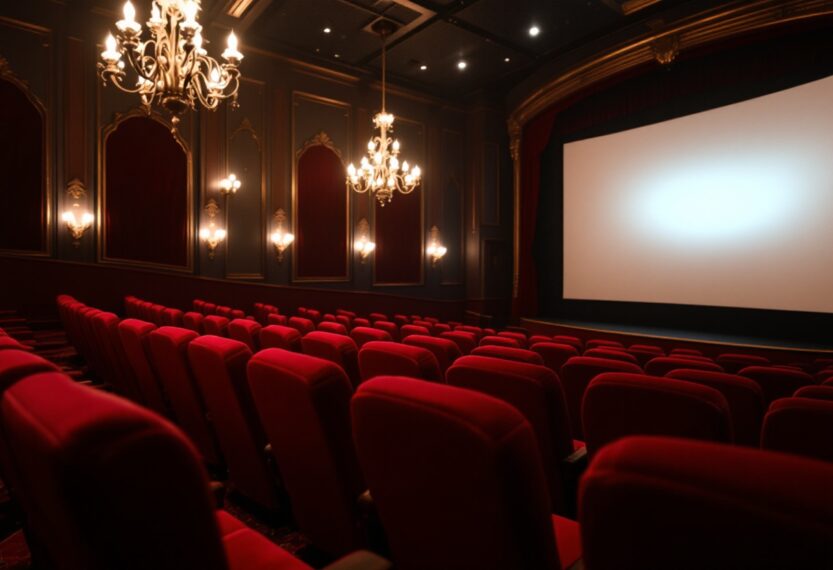The recent release of the much-anticipated film adaptation of the beloved Broadway musical Wicked has ignited a conversation about audience behavior in theaters. With stars like Cynthia Erivo and Ariana Grande captivating viewers with their performances, the excitement is palpable. However, this enthusiasm has led to concerns about audience members potentially singing along, prompting theaters to implement strict etiquette guidelines.
Audience participation: A double-edged sword
Traditionally, singing along during a film has been reserved for special events, such as midnight screenings of The Rocky Horror Picture Show. Yet, the rise of the so-called “demon scream” phenomenon at live concerts, where fans drown out performers with their own vocalizations, has raised alarms. The fear is that this behavior could spill over into smaller venues, disrupting the cinematic experience for others.
AMC Theatres, the largest movie theater chain in the world, has taken proactive measures to address these concerns. They have posted signs reminding patrons to respect the viewing experience by refraining from singing. This initiative aims to preserve the magic of the movies, ensuring that audiences can enjoy the performances of their favorite stars without distraction.
The role of theater etiquette in the modern age
AMC’s spokesperson, Ryan Noonan, emphasized the importance of maintaining a respectful environment in theaters. The company’s long-standing policy against disruptive behavior is now more relevant than ever. The pre-show announcements serve as a reminder to moviegoers that silence is golden, and that the focus should remain on the film.
Critics have weighed in on this issue, with some supporting AMC’s stance. Richard Roeper, a prominent film critic, tweeted his agreement, suggesting that unless it’s a designated sing-along event, audiences should save their vocal performances for home viewings. This sentiment reflects a growing consensus that while enthusiasm is welcome, it should not come at the expense of others’ enjoyment.
Private screenings and the quest for a distraction-free experience
In response to the rising anxiety over potential disruptions, some individuals have taken matters into their own hands. For instance, Ariane Tyler, a special education teacher from Illinois, organized a private screening of Wicked to ensure a controlled environment. She established a Facebook group to communicate strict rules for the event, banning bathroom breaks, loud chewing, and, most importantly, singing. Tyler’s commitment to a distraction-free experience highlights the lengths to which some are willing to go to protect the integrity of the film.
Despite the strict regulations, there is a silver lining for those eager to sing along. Starting December 25, approximately 1,000 theaters across North America will host “interactive showings” of the film, allowing audiences to engage with the music in a more participatory manner. This initiative acknowledges the desire for audience interaction while still maintaining a level of decorum.
Finding balance in the cinematic experience
The conversation surrounding audience behavior during musical film screenings reflects broader societal changes in how we engage with entertainment. As performers like Erivo and Grande express understanding towards enthusiastic fans, they also recognize the need for balance. The challenge lies in creating an environment where everyone can enjoy the show, whether that means singing along or simply soaking in the performances.
As we navigate this evolving landscape, it becomes clear that the etiquette of moviegoing is not just about silence; it’s about respect for the shared experience. The future of musical film viewings may very well depend on our ability to adapt and find harmony in our collective enjoyment of the arts.




